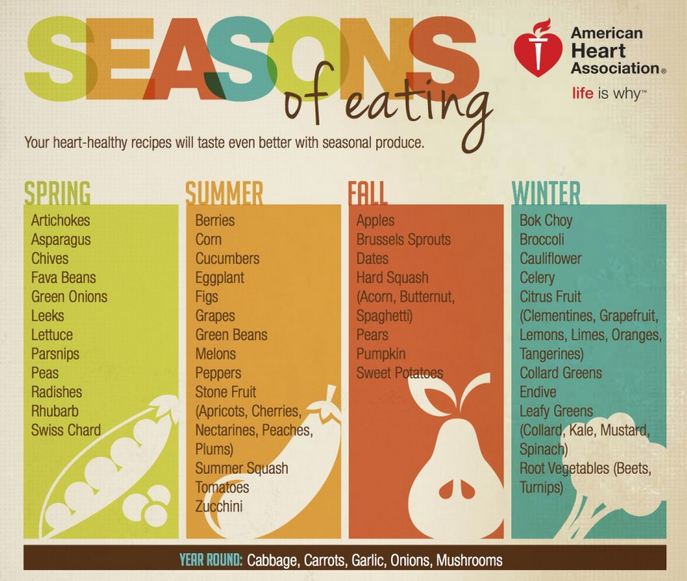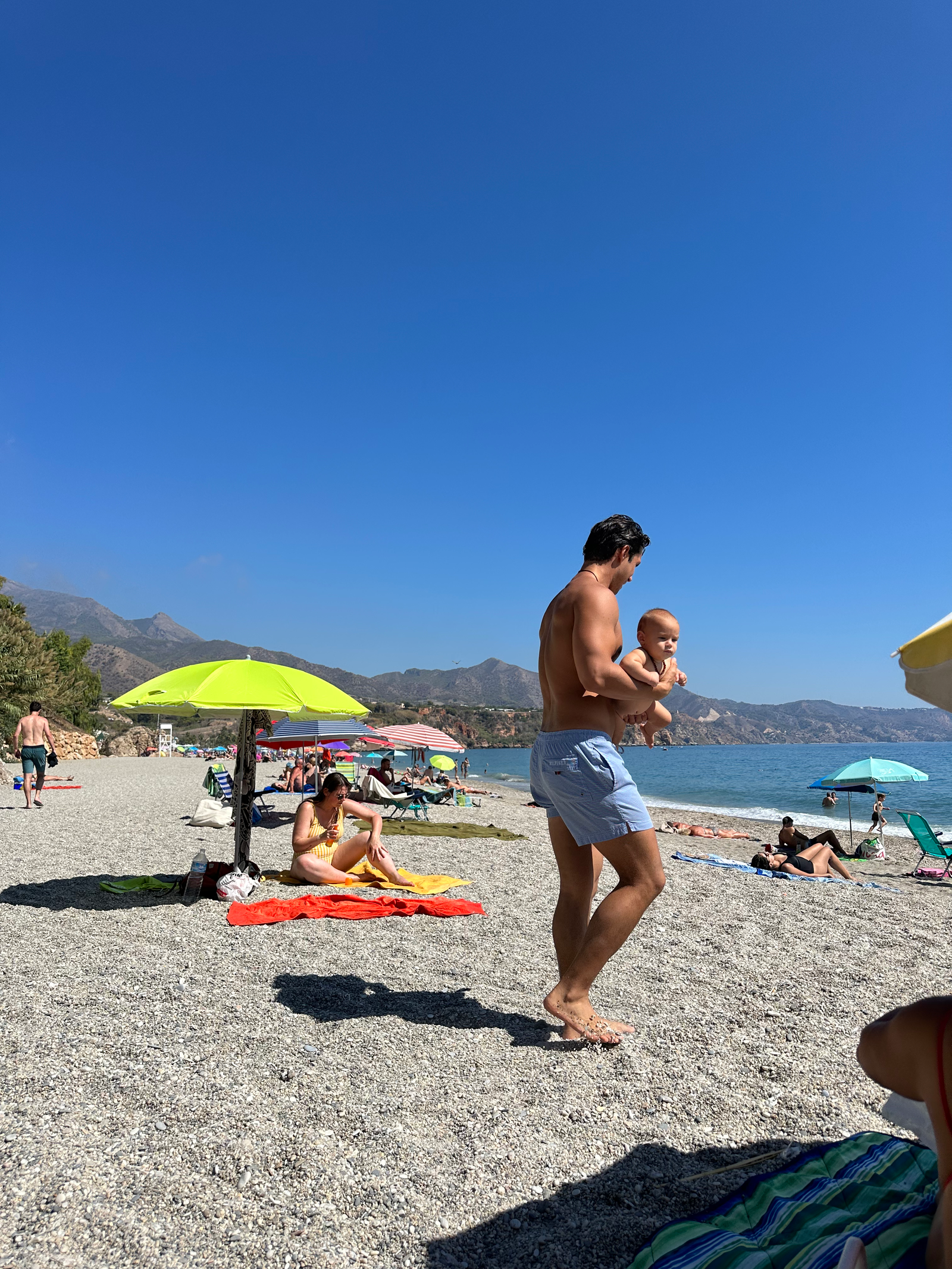Money doesn’t make you happy – right? I am certain that this is true, but having experienced financial pressure in the past, as many of you have I’m sure, I know that a lack of money can definately get you down if not make you outright unhappy.
In this first article about wealth I will share the main reasons you need to care about your financial situation, how much attention you need to pay to it, and how you can think about your own wealth in the context of living your best holistic life.
How much money do you really need?
Despite my somewhat eclectic interests, I am deep down and out of necessity a practical and logical thinker. So, the first question I ask myself is “What do I need money for?”
To answer this question in a structured way we can turn to the relatively well-known “Maslow’s Hierarchy of Financial Needs”. Don’t panic! This isn’t going to turn into a dissertation, but smarter people than me have thought about all this so we can stand on the shoulders of giants as it were and use the work they already put in to understand things better.
In this model, the needs of a person are organized from the most basic, for example food or shelter, to the more complex like psychological needs.
Whether you find this model useful or not is sort of besides the point, because what cannot be contested is that when it comes to our fundamental needs as people, Maslow got it right.
We simply cannot live without food, water, shelter, and a degree of security. Then going beyond these essentials, we can’t really live without things like love and achievement.

Basic Needs: Food and Water
OK so we need to eat – not exactly groundbreaking information! But we can think about this in terms of what we need versus what we want or think we need.
Ultimately, the basic goal of eating is to ensure our bodies get enough calories and nutrition to prosper. As with everything we will use this as our baseline – our bare minimum. Then we can build upon the bare minimum with other ‘must haves’ like ‘I want clean food’, or ‘I want food that tastes good’.
Whilst this can be tricky from time to time given a lot of the food out there isn’t great for us, surprisingly good food doesn’t need to cost an arm and a leg, in fact it can even be cheaper if you follow a few basic rules.
Eat Seasonal
Seasonal eating means consuming foods that are harvested and eaten during their natural growing season and planning your diet around this concept has so many benefits.
First of all foods picked at their optimal time have the highest levels of vitamins, nutrients, and antioxidants. For instance, fall-harvested broccoli has almost double the vitamin C compared to spring-grown broccoli.
The foods you eat are more likely to be sourced locally, meaning you are not just supporting your local farms but the food you are eating is less likely to have traveled half the world to get to your plate with all the negatives that can go along with that.
Eating seasonally can also be more economical as it often aligns with an abundance of produce, leading to lower prices and more money left in your pocket at the end of the meal.
In addition, an often unhighlighted benefit of seasonal eating is that it forces variety in your diet, you can’t eat the same thing every day because the same things are not in season every day. This variety means that you include a range of different colored fruits and vegetables in your diet which can increase your nutrient intake and reduce the risk of chronic diseases.
Cut the Crap
A bit direct perhaps, but this could be the number one way you can eat healthier and cheaper all at the same time. We all recognize that convenient food often comes with compromise, you are invariably paying more to eat food that is either laced with preservatives or food that is designed to physiologically make you want more (e.g. the way sugar and fat trick your body into overeating).
You might save some time, but you aren’t saving your health and you definitely aren’t saving money, here is a quick example to show you how much you could be saving if you currently indulge in even the most basic of convenience foods – coffee.
Let’s say each morning you grab the cheapest Starbucks coffee (a simple tall) on your way to work or the park, that will set you back around $1.85, which over the course of a year adds up to $675.25. If you were to make the same coffee at home it would cost you about 62 cents a day or $226.30 per year – a saving of $448.95 per year.
If you are drinking more than one coffee per day, or drinking more expensive coffee then savings become even more pronounced, and if you extend this ‘cut the crap’ method to more areas of your daily/weekly routine (for example by not ordering out so often) the money saved can literally be life changing.
Plan Ahead
The last tip to share here is to encourage you to plan ahead – something we do (at least with food!) a lot in my house.
In a nutshell you will pay more at the corner store than you will at the market (or supermarket), and you pay less when you buy in larger quantities, so knowing what you will be eating in the coming days can provide immediate savings.
Beyond this, planning your meals ahead of time allows you to cook your foods in bulk, meaning you can cook once and eat twice (who doesn’t love that) by refrigerating or even freezing your meal, or you can quickly rehash tonight’s roast chicken into tomorrow’s chicken salad simply by throwing in a few fresh ingredients.

Basic Needs: Shelter
It’s safe to say that a roof over our head, a hot shower and a warm place to relax at the end of the day all pretty much live in the “essential” category, this can be our baseline here.
But beyond this, a bit of space for our stuff, and four walls (or one big round one), does it make that much difference where and how we live?
Well, for some people it might – and that’s fine, if you need that specific city apartment in that specific neighborhood then this might be a non-negotiable for you.
If not though, there are some great ways to be happier and make your money go further.
Live Somewhere Else
My number one tip in relation to shelter is the one I am living and breathing right now – live somewhere else.
Now this doesn’t mean you have to move hemispheres like I have 🙂 but living in a city tends to be way more expensive than living outside of one, and living here in Peru I pay a lot less than I would in the US.
To illustrate this let me share a quick stat with you: To rent a 970 square foot apartment in Lima, the capital city of Peru you would pay on average $792 per month, whereas a 600 square foot apartment in New York City would cost you an average of $3775 per month. If you don’t need to live in New York, is the almost $3000 extra you spend per month really worth it???
Alright, it’s a bit of an extreme example, not everyone can leave the country but you take the point, whether you are talking about changing country, state or just zip code, provided you can embrace the change there is money to be saved and potentially quality of life to be gained.
Remote work or work you can do from anywhere can be the key to making this kind of change a success long-term, and it might be something you need to work toward, but again if you can make this change I know so many people that have managed to get ahead and become independent of the 9-5 by making this leap of faith, with literally all of them being glad in retrospect that they took the chance.
Downsize or Share
Depending on where you are in life, you might not be in a position to share space with someone else, but if you are able to move in with someone significant, or share an apartment with friends, you might just be able to cut your accommodation costs (and others like utilities) in half.
If you must have your own place (which is totally understandable) ask yourself ‘how much space do I really need?’, are you really using that extra room? Do you use even half the clothes filling up that large wardrobe you have?
You might be surprised to find out how much time you actually spend in your home and where you spend that time, if so consider a smaller place that costs you less in maintenance time and money.
If you are a real trailblazer, you might even consider something like tiny house living as an option to stay flexible, downsize, and own your own home all at the same time!
Psychological and Self -Fulfillment Needs
This is where things start to get tricky and scope of this article (as it relates to money within your holistic life) comes into question, as truth be told, money itself becomes less of an issue when we start to climb Maslow’s hierarchy.
As I said at the outset, a lack of money can potentially lead to unhappiness, but given that we know from countless examples that money doesn’t make a person happy, why is that?
I would say that beyond the obvious of not being cold and hungry, from my own experience that it comes down to a few things.
One is autonomy, the feeling that you have control over your own life and choices, feeling like you don’t have control over your life can quickly spiral into feelings of helplessness and unhappiness.
Another potential reason is feeling a sense of achievement in life, achieving financial independence or freedom is in today’s world a byword for ‘making it’ and it is understandable why crossing that threshold might make us feel better in ourselves.
Another way in which money can help us meet our psychological needs is by the ability it gives us to engage in activities beyond the basics of life.
In order to take up a sport for example you may need to buy some equipment or join a club, whilst the activity and fulfillment or enjoyment of said activity is not monetary in nature, the barriers to entry certainly could be.
The same could be said for self-fulfillment needs such as contributing positively to the life of those around you or to society at large.
So, although more nuanced than the basic needs of a person, there is a role money plays in psychological and self-fulfillment needs.
So where is the baseline here then? Where to start?
Without trying to seem too “Kum ba yah” here, I think the key is to make sure that you know yourself and avoid the pitfalls of possessions, measuring success in net worth, money for money’s sake, and (god-forbid) ‘keeping up with the Kardashians’.
Strong finances aren’t required to be psychologically fulfilled or self-fulfilled, and the clearer you are on what is important to you and what you want to achieve, the more likely it is that you can achieve it without spending a boatload of cash.
So How Does Money Fit Into a Holistic Life?
The word holistic is defined as “the belief that the parts of something are interconnected and can be explained only by reference to the whole.”
So whether you are talking about the basics of life like food and shelter, or the more complicated stuff like self-fulfillment I think the key to making sure your money is working for you in your own holistic life starts with something that costs zero dollars but will never be all the way done, which is knowing yourself and being true to yourself.
Once you know what is important to you and what isn’t, establish your baseline, then you can start working towards those goals.
For some of you the new perspective on the basics here might be what you need to move past surviving and into thriving in life. Planning meals for the week might save you money and give you a consistency in life that you love and moving to another place might be just the change you need.
For others even the thought of meal prep might be a chore and a well paying job means its more cost-effective to pay someone else to worry about it!
It is all very individual and will vary from person to person.
For me, living my best life means finding the best life I possibly can for me and my family. Which, for me, means spending more time together, making sure we are healthy, have good food and quality experiences together, as well as focussing to a degree on myself so I am the best person I can be for me and for them.
Making sure the finances are under control, by for example moving somewhere with a cheaper cost of living, gives me the time I need to make sure the basics like food are as good as they can be, which frees me up to improve the other parts of our life as best I can.
For you it might be the same, or it might be different – I encourage you to go find out!
















Great points Abi. I love your perspective. Thank you for sharing🙏
An excellent Article! Thank you.